Changing the ADHD Brain
Many times ADHD is treated with medication and behavior management and the outcomes can become insufficient. The good news is that there are many non-medication treatment options that are available and could be effective for your client. There has been a growing concern about the long-term use of stimulants and the side effects medication can have on your clients. Watch this recording and discover strategies and treatment options that can get to the root of the problem rather than ignore or controlling it.
Learn how to utilize brain-based research and understand how it can help you find characteristic patterns associated with ADHD. With this knowledge you can then learn how to direct creative interventions that can have a positive impact on ADHD as well as a range of co-morbid issues in your clients including depression, anxiety and learning problems. Learn practical interventions informed by the brain-based research and you might be able to achieve better outcomes with your clients. Understand ADHD in a different perspective and utilize interventions outlined in this recording to more effectively treat your children and adolescent clients.
Learning Objectives
- Analyze the efficacy of both non-medication and medication strategies to inform the clinician’s choice of treatment interventions.
- List common nonmedication treatments to alleviate symptoms of ADHD in clients.
- Explore the symptoms of sleep deprivation in children and adolescent clients with ADHD.
- Evaluate the role of overstimulation as it relates to the assessment and treatment of clients with ADHD.
- Analyze the efficacy of lifestyle interventions as it relates to the improvement of ADHD symptoms in clients.
- Summarize the influence of diet and nutrition on ADHD symptoms in relation to assessment and treatment planning.
Course Modules
Why Not Medication?
- Concerns with long-term stimulant use
- Does stimulant use lead to drug abuse?
ADHD and the “Immature” Brain
- Brain imaging evidence
- Implications for Treatment
Movement-Based Strategies
- Wake up an underaroused ADHD brain
- Hyperactivity as an adaptive mechanismThis course is available after purchase you will immediately receive a download link for lifetime.Delivery Method
> Please contact our team if you have questions, or broken links via our email [email protected].
> All courses are digital online versions, so you will download and save to your hard drive.
> There are some author privileges we may not be able to offer.
> If you don’t get instant link please don’t worry about it This course is available after purchase you will immediately receive a download link for lifetime.This course is available after purchase you will immediately receive a download link for lifetime. - Play and exercise grow the brain
- Role of rhythm and timing training
- Integrated movement systems for ADHD
The Latest Research on Diet and Nutrition
- Importance of proper sugars, fats, proteins and water
- Omega 3-6-9: What you need to know for brain health
- Multivitamins/minerals: Do they make a difference
- Food sensitives: the role of gluten
- Food additives
- Pesticides
- Optimal diet for ADHD
Frontal Lobe/Working Memory Strategies/Tools
- Use it or lose it: Brain training changes the brain
- Games for impulse control and working memory
- Computerized cognitive training programs
ADHD and Nervous System Hypersensitivity
- Overstimulation as a role in ADHD
- Stress and sympathetic arousal patterns
- Implications for treatment
- Breathwork and heart rate variability biofeedback
Environmental Influences
- Video games and Social Media
- Sleep deprivation
- Same symptoms as ADHD
- Strategies to help insomnia
- Environmental toxins: lead, phthalates, pollution
- Nature Deficit Disorder: time outdoors helps with multiple ADHD concerns
The Latest Research on Lifestyle Interventions
- Nature
- Sleep
- Light and sound strategies
- Aromatherapy
Who Will Get the Most Out of This Course
- Psychologists
- Licensed Clinical/Mental Health Counselors
- Nurses
- Speech-Language Pathologists
- Marriage & Family Therapists
- Teachers/Educators
- Occupational Therapists
- Social Workers
How This Course Will Benefit You
Move beyond quick fixes: Learn how to reduce ADHD symptoms without relying solely on medication or rigid behavior plans.
Gain brain-based tools: Discover practical strategies informed by neuroscience that improve attention, impulse control, and working memory.
Support co-occurring issues: Apply interventions that also help with anxiety, depression, sleep problems, and learning challenges.
Empower lifestyle changes: Understand the role of diet, sleep, exercise, and nature in rewiring the ADHD brain for long-term health.
Expand your clinical toolkit: Integrate movement, mindfulness, biofeedback, and environmental strategies into your practice.
Improve client outcomes: Help children, adolescents, and adults achieve better focus, emotional regulation, and overall well-being.
About the Speaker

Jeff Tarrant, Ph.D., BCIA-EEG, BCN
Jeff Tarrant, Ph.D., BCN, Licensed Psychologist, is a licensed psychologist, educator and speaker. He has devoted his career to exploring and teaching about the mind/body connection. His work utilizes several forms of technology-based therapies including neurofeedback, audio visual entrainment, interactive metronome and heart rate variability biofeedback (HRV). In addition, Dr. Tarrant has studied and taught Qigong, mindfulness and energy psychology for the past 15 years and incorporates these practices into his model of treatment. Dr. Tarrant is the founder and CEO of the NeuroMeditation Institute (NMI), LLC and provides certification training for NMI therapist and instructors. In addition, Dr. Tarrant is a Global Neurofeedback Initiative (GNI) Instructor and conducts national continuing education trainings on topics including: “Mindfulness Interventions to Rewire the Brain” and “Brain Changing Strategies for ADHD.” He is the author of the book, Meditation Interventions to Rewire the Brain: Integrating Neuroscience Strategies for ADHD, Anxiety, Depression & PTSD . Other works include a series of virtual reality meditations published by StoryUp VR and the book chapter, “Neuromeditation: An Introduction and Overview” in Handbook of Clinical QEEG and Neurotherapy (Routledge, 2016). Dr. Tarrant’s research focuses on exploring brainwave changes that occur as a result of contemplative practices, energy healing and energy psychology. He is a regular presenter at national and international conferences and has a private practice in Corvallis, OR where he lives and plays.


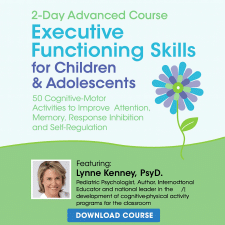
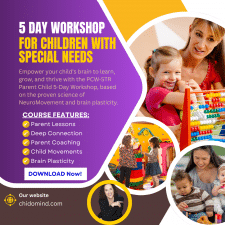
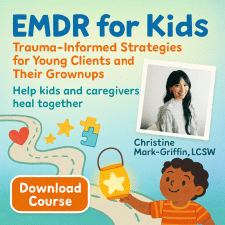
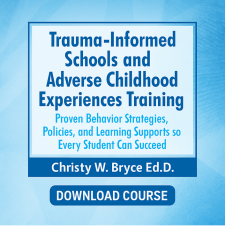
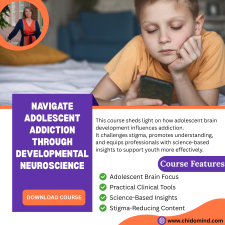

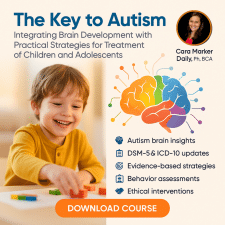
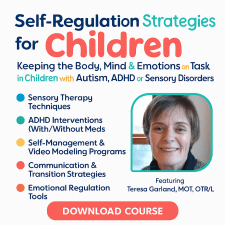
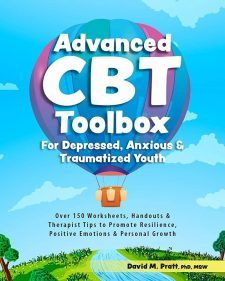
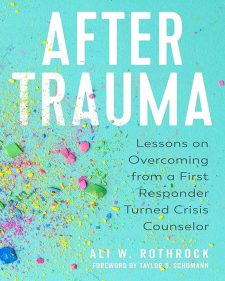
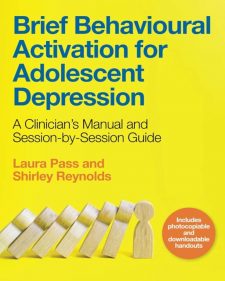



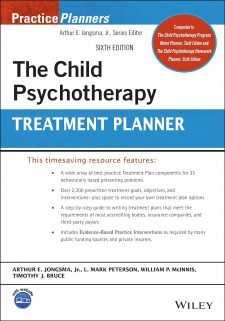
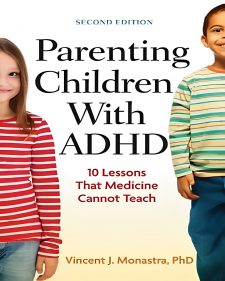
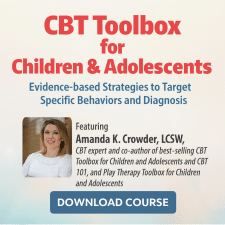
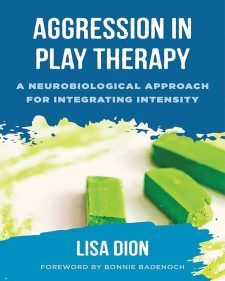
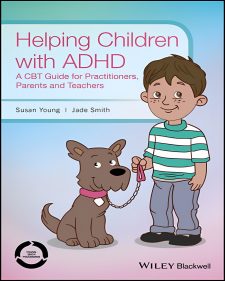

10 reviews for Changing the ADHD Brain: Moving Beyond Medication & Behavior Management
There are no reviews yet.